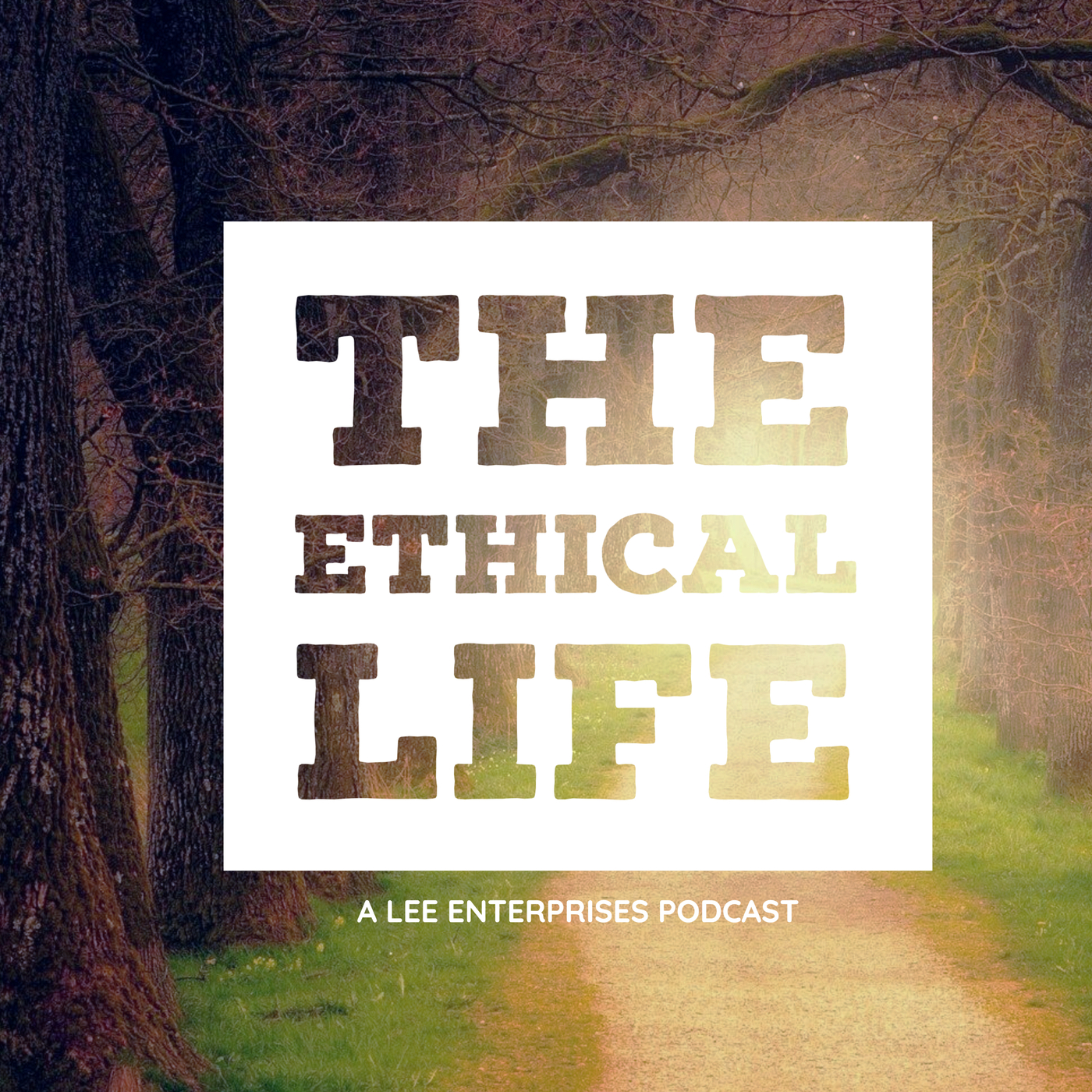About this episode
Published November 26th, 2025, 06:00 pm
Episode 222: When a city planner mentioned that a large, developable tract of land might contain Native American artifacts, cohost Scott Rada started wondering how communities decide which parts of the past are worth protecting — and what the costs of preservation might be for the present.
This week’s episode examines the tension between honoring cultural heritage and addressing pressing human needs, such as housing. Rada and co-host Richard Kyte unpack the ethical dilemmas that surface when new development projects run up against the remnants of older civilizations.
Rada argues that while respect for the past matters, society’s first responsibility should be to the living — to families who need homes, jobs and public spaces now. He questions whether stopping or slowing modern projects for the sake of long-buried artifacts truly serves anyone.
Kyte counters that the choice isn’t always binary. He suggests that reverence for the dead and care for the living can coexist, and that certain places — burial grounds, ceremonial sites or historically significant landscapes — deserve deliberate protection, even if doing so requires compromise or delay.
Their exchange touches on Wisconsin’s effigy and burial mounds, the ethics of archaeology and how public policy shapes what gets preserved. Kyte points out that housing shortages typically stem from decades of zoning failures, rather than from the small number of sites deemed sacred or historically valuable. Rada pushes back, asking whether reverence for what once was can sometimes become an excuse for inaction.
The conversation widens to include broader cultural questions: Why do humans feel compelled to memorialize the dead? What promises do cemeteries represent to future generations? And how long should those promises last — centuries, millennia, forever? Kyte argues that physical reminders of our ancestors keep societies grounded in gratitude and perspective. Rada wonders whether our fixation on physical places distracts us from the spiritual or emotional connections that endure regardless of location.
About the hosts
Scott Rada is a digital strategist with Lee Enterprises, and Richard Kyte is the director of the D.B. Reinhart Institute for Ethics in Leadership at Viterbo University in La Crosse, Wisconsin. He is also the author of "Finding Your Third Place: Building Happier Communities (and Making Great Friends Along the Way)."
Social media links
Subscribe
